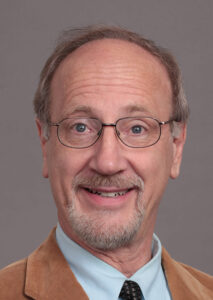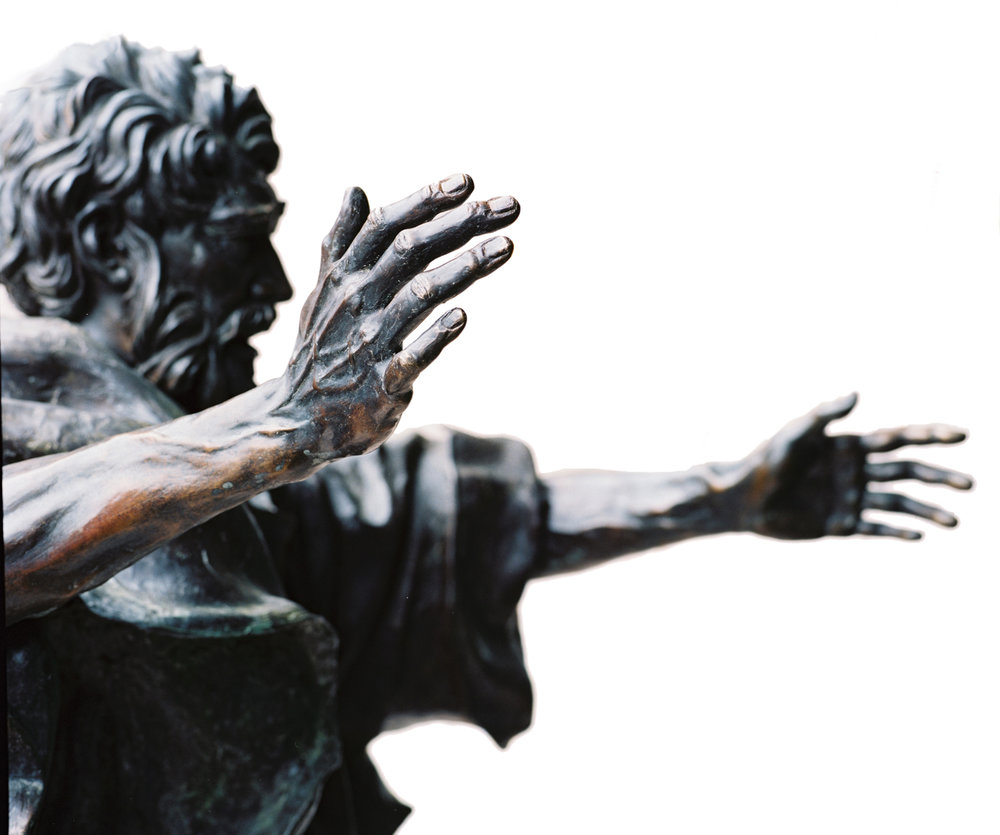In the United States pragmatism is the very air we breathe. It goes back to our country’s roots with Benjamin Franklin and others. We are continually inundated with videos and blogs and books from self-improvement gurus. There is a lot of pressure on preachers and teachers to make every message about you, your daily life, your potential, your _____ (fill in the blank). Here is a list of recent best-selling Christian books:
- God Will Use This for Good: Surviving the Mess of Life
- Courageous Faith: A Life Pursuit of Faith Over Fear
- God Will Carry You Through
- The Promise of Purpose: Proven Strategies to Reach Your God-Given Potential
- When God Doesn’t Fix It: Lessons You Never Wanted to Learn, Truths You Can’t Live Without
- Anxious For Nothing: Finding Calm in a Chaotic World
- Walking With God Through Pain and Suffering
- Redefining Beautiful: What God Sees When God Sees You
- It’s Not Supposed to Be This Way: Finding Unexpected Strength When Disappointments Leave You Shattered
- The Relationship Principles of Jesus
- When God Whispers Your Name
And the list goes on and on and on. One could reasonably conclude that Christianity is fundamentally about you and the betterment of your life. To be sure, the Bible does teach Christian sanctification, and the book of Proverbs is in the Bible. But Proverbs is not the only book in the Bible. It seems to me that in our American context a lot of preaching and teaching should come across to pragmatic Americans as irrelevant. It should take them out of themselves, away from their daily life and their practical concerns and put them elsewhere, put them into the eschatological kingdom of God. It should help them think about and meditate not on their own lives but on the God of ancient Israel in the Old Testament and Jesus of Nazareth in the New Testament. Here’s to irrelevant preaching and teaching . . . at least some of the time.



Leave a Reply
You must be logged in to post a comment.